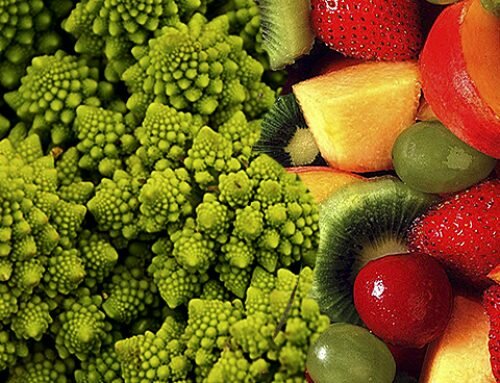A study published in Current Biology (Cell Press) compared the genome of the bacterial species that inhabit the intestine in Hadza, one of the last remaining populations of hunter-gatherers, with that of Italian residents in Bologna.
It was found that intestinal bacteria have proved to be a key factor in the evolution as they play a vital role in that they provide man with metabolic flexibility to adapt to different diets and subsistence strategies. Thanks to our intestinal microorganisms we have been able to transform ourselves from hunter-gatherers, as we were in the Paleolithic, to Neolithic farmers, up to modern societies where we are now able to degrade products derived from oil refinement, but also to accentuate the resilience of our body to antibiotics.
The study shows how intestinal microorganisms play a fundamental role in the process for an energy balance that is necessary for our health. When essential amino acids are deficient in one’s diet, for example, they often supply us with them. In particular, Hadza intestinal bacteria are specialized in the formation of aromatic amino acids present in foods such as eggs and milk, foods which are poor in their diets; instead Italians are specialized in the biosynthesis of branched chain amino acids which are rich in soy and rice, foods lacking in Italian diets. Research also shows how intestinal microorganisms specialize in the degradation of carbohydrates: complex polysaccharides of plant origin, such as those found in berries and plants rich in fibers for the Hadza; simple sugars and refined contents in bread and pasta for Italians.





